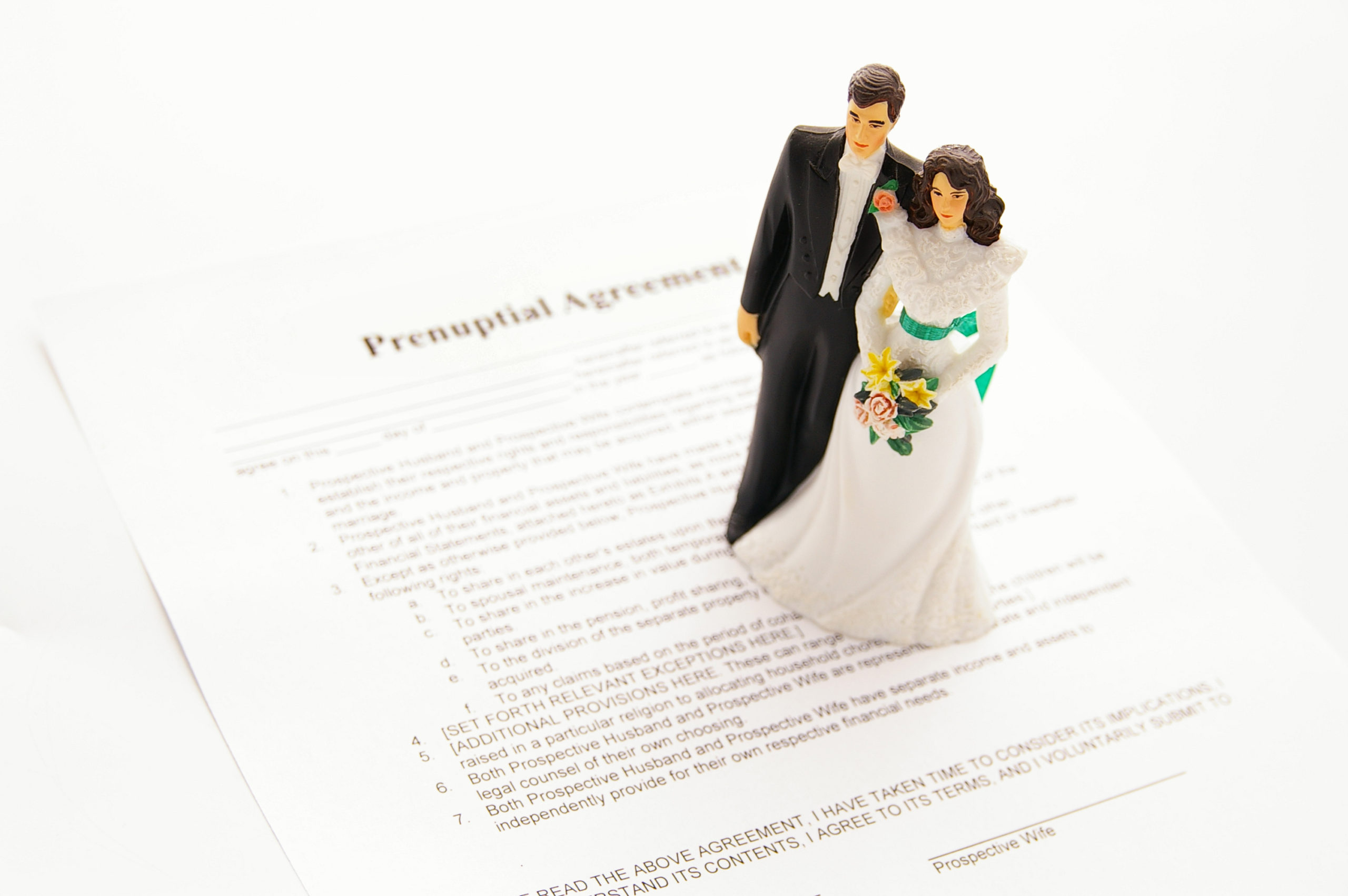3 Situations Where Prenups Don’t Hold Up in Court

A prenuptial agreement, or ‘prenup’ is a legal agreement created and signed by two people before they get married. Prenups protect each spouse’s assets, as well as clearly stating each spouse’s responsibilities regarding martial and premarital debts. A crucial element of the prenup is making sure each spouse is taken care of financially in the event of a divorce or death.
Prenups aren’t just for celebrities and the ultra-wealthy; many couples sign prenups for peace of mind, and several recent articles highlight the recent uptick of prenups among millennial spouses-to-be.
But a prenup isn’t an end-all, be-all. If a couple with a prenuptial agreement does decide to divorce, there are certain situations where the agreement falls short and the prenups do not hold up in court.
Let’s take a look at a few situations where this happens:
Situation 1: Spouse Doesn’t Understand the Implications of the Agreement
In some cases, the prenuptial agreement is signed without both spouses having a lawyer. Unfortunately, when this happens, this creates the possibility for one spouse to lack a full understanding of the agreement and all its implications.
For example, say a man and a woman divorce, and they had a prenuptial agreement in place that was drawn up by the woman’s attorney. If the man signed the prenup without a lawyer of his own looking the agreement over, he may not have fully understood what he was signing and agreeing to.
When it comes time for the divorce to be finalized, he might be surprised and confused about how shared assets are being divided because he didn’t understand the terms of the agreement.
In this situation, the man would need to prove that he did not understand the implications of the prenuptial agreement. If one spouse did not understand the terms of the prenup they signed, then the agreement may not hold up in Court.
This is a tough situation to be in, but it is actually reasonably preventable. If you and your spouse opt to have a prenuptial agreement, make sure that both of you have separate attorneys to negotiate your terms, look after your interests, and review the document with you before signing so that you can guarantee that you’re both on the same page and understand what you are agreeing to.
Situation 2: The Agreement Is Unconscionable
When a prenuptial agreement is unconscionable, it generally means that it is so lopsided that it is deemed unfair.
Even if one spouse enters into the marriage with considerable wealth and the other enters with a virtually nonexistent net worth, a prenup can still be invalidated by the Court if it leaves the latter spouse with almost nothing.
A marriage is a union that joins two people together, not a business agreement. Unreasonable prenups that seek to award almost everything to one spouse and next to nothing to the other will likely not be upheld by the Court.
Prenuptial agreements should represent the best interest of both spouses to be considered fair.
Situation 3: Spouse Claims They Signed the Agreement Under Duress
If one spouse coerced the other to sign the prenuptial agreement, it will not hold up in Court. Sometimes, one spouse will threaten or pressure the other spouse to sign the agreement when they really didn’t want to.
In this case, if the spouse being pressured still signs, it may be proven that they were under duress. If someone signs something without really consenting, then they may not be held responsible for having signed the prenup.
The best way to make your prenup work for you? Hire a divorce attorney.
The chances of your prenup holding up is much higher if you hire a Howard County divorce lawyer. Mr. Coover at Coover Law Firm, LLC has been practicing since 1985 and is seasoned in Maryland family law.
Divorce can be emotionally taxing, and Mr. Coover is empathetic and sensitive to this. Hiring an experienced divorce lawyer can help you maintain a sense of control over your life during what can be an overwhelming and draining legal journey.
If you’re getting divorced and have questions about your prenup, call (410) 553-5042. At Coover Law Firm, LLC we want to help you figure things out.






